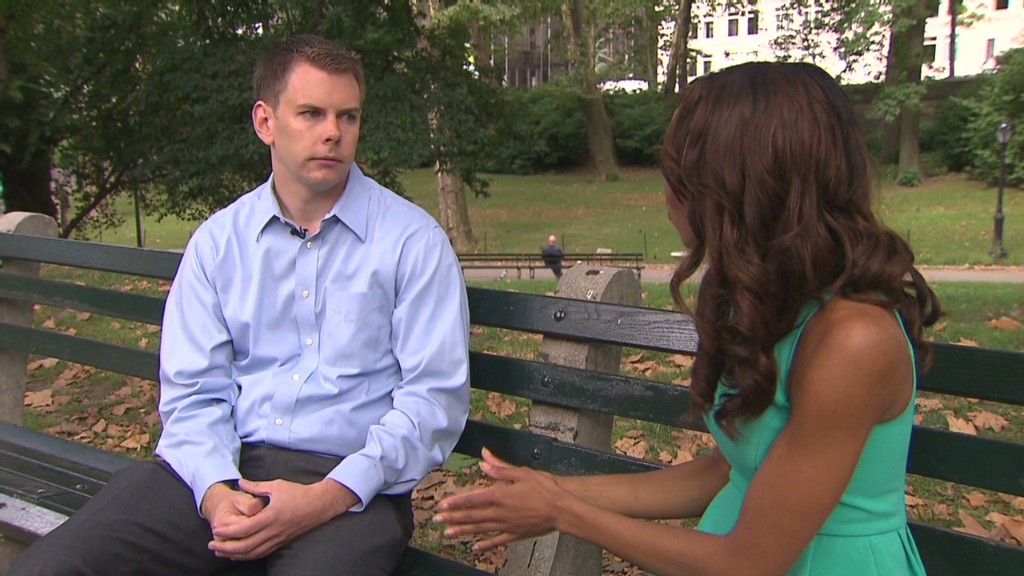
What age group in America spends the most money? It depends on the category, but you'd think younger Americans -- those less likely to be married or have kids -- would lead the pack at least as far as entertainment goes.
Surprisingly, though, the facts tell a different story. According to the Bureau of Labor Statistics (BLS), those under 25 spend an average of about $1,250 a year on entertainment.
Those aged 25 to 34, on the other hand, spend over $2,200, while those aged 35 to 44 spend almost $3,000.
And it's not just entertainment. BLS data also tells us that 25- to 34-year-olds spend roughly $6,200 a year on food, while 35- to 44-year-olds spend $7,900.
Housing expenditures also climb from $17,200 among 25- to 34-year-olds to $20,600 for 35- to 44-year-olds. Meanwhile, 25- to 34-year-olds spend an average of $2,200 a year on healthcare, while 35- to 44-year-olds spend about $1,000 more.
Related: How much house can you afford?
What all of this tells us is that spending doesn't tend to decrease as we get older. Rather, as we go from 30 to 40, we should be prepared to spend even more. Here are a few reasons why.
1. We tend to make more money
According to BLS data, most expenses increase between the ages of 30 and 40, but so does income. While average income for 25- to 34-year-olds hovers around $59,000, that number jumps to $78,000 for the 35- to 44-year-old set.
Meanwhile, total annual expenditures average $48,000 for 25- to 34-year-olds, but they climb to almost $59,000 for 35- to 44-year-olds.
Related: Cost of living: How far will my salary go in another city?
It stands to reason that the more money we have, the more we're able to spend. Think about it: You may not be able to afford a $400-a-month car payment on a $40,000 salary, but if your income goes up to $50,000, there's suddenly more room in your budget to swing it.
Of course, this isn't to say you should spend more money just because your earnings have gone up.
Quite the contrary -- you should use your increase in earnings as an opportunity to save. Most Americans, however, aren't wired to think this way, which explains why almost two-thirds of us don't even have $1,000 in the bank.
2. Our kids take all of our money
Having children is by no means a given. But if you do have kids, you're likely to find that as they get older, they tend to drain more of your financial resources.
Or, to put it another way, if you thought the diapering stage was expensive, get ready for the middle-school phase, where extracurriculars, summer camps, and voracious child appetites band together to rob you of every last dollar you earn.
Related: How much will that college really cost?
While it's true that infants and toddlers are expensive in their own right, as kids grow, they tend to get more demanding, at which point many parents have a hard time saying no.
3. Our homes get older
Remember how excited you were to buy that cute little starter home at age 30? Ten years later, you're suddenly looking at replacing the roof, refacing the worn cabinets, and repairing the garage door that no longer opens.
Just as health problems tend to develop with age, so too do homes tend to require more maintenance as time goes by -- and that maintenance can cost you.
It's also conceivable that as you hit your 40s, your family might outgrow a smaller home and require a larger one, which also equates to spending more.
Plan to spend, try to save
The fact that 35- to 44-year-olds spend over $10,000 more each year on average than their decade-younger counterparts tells us one thing: We can't automatically plan on spending less as we get older. If anything, we should plan on spending more.
Related: When will I be debt free?
However, if you're able to anticipate your expenses increasing over time, you can take steps to prioritize saving while keeping spending to a minimum.
You can start by pledging to consistently live below your means so when your earnings increase, so too can your savings.
Another smart move? Get into the habit of paying yourself every month before you spend a dime.
You can set up an automatic savings plan so that money from each paycheck filters automatically into a savings or retirement account.
The latter is particularly advantageous because it generally means reaping some up-front tax benefits as well.
Sponsored content from The Motley Fool:
• 5 Years From Now, You'll Probably Wish You Grabbed These Stocks
• Kansas Man Turns $10,000 into $8 Million
• Shark Tank Just Revealed a Trillion-Dollar Idea
Finally, always make sure to have some emergency savings on hand. No matter your age, you never know when you might get hurt, fall ill, or lose your job, and the only way to keep up with life's unavoidable expenses is to be financially prepared.


